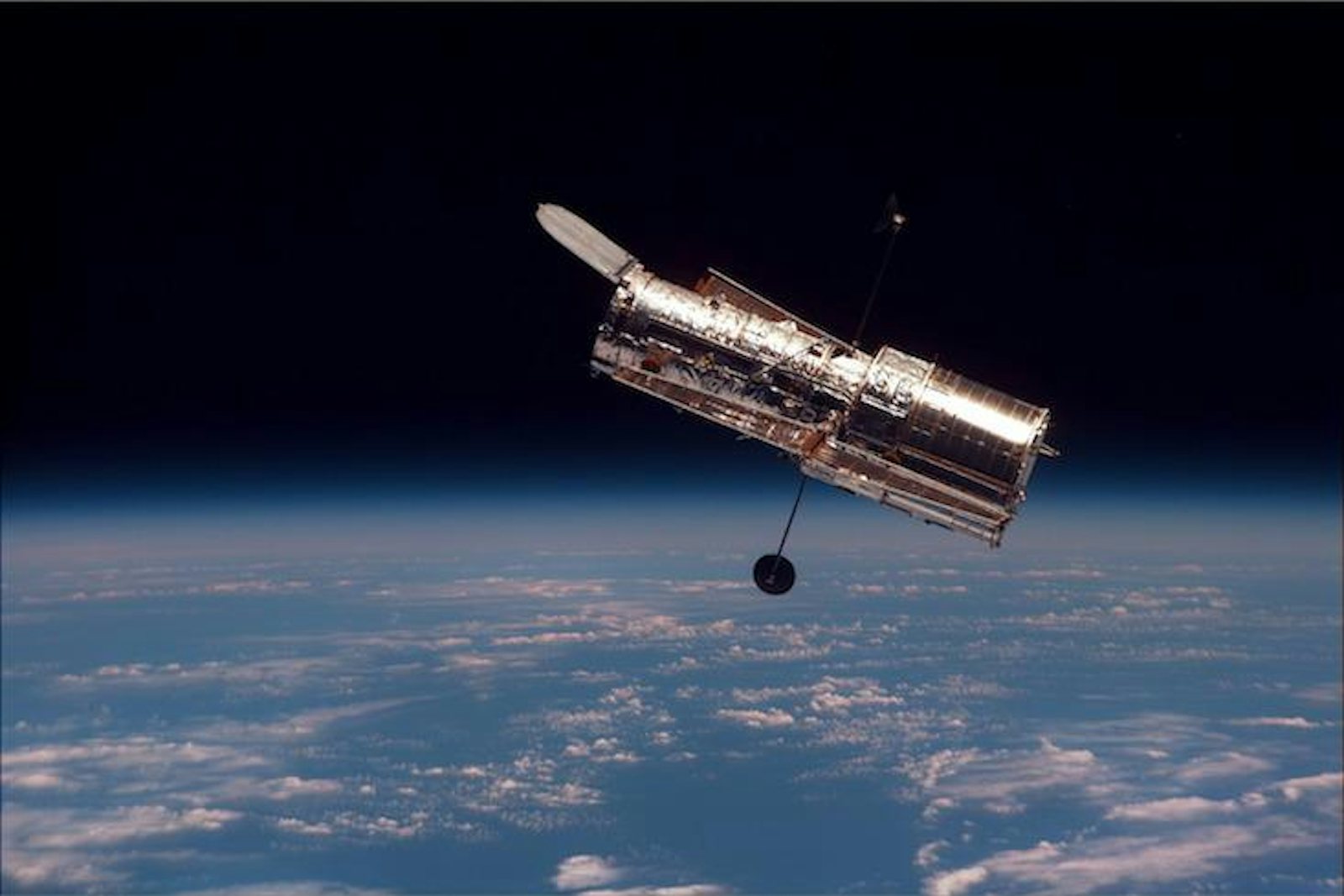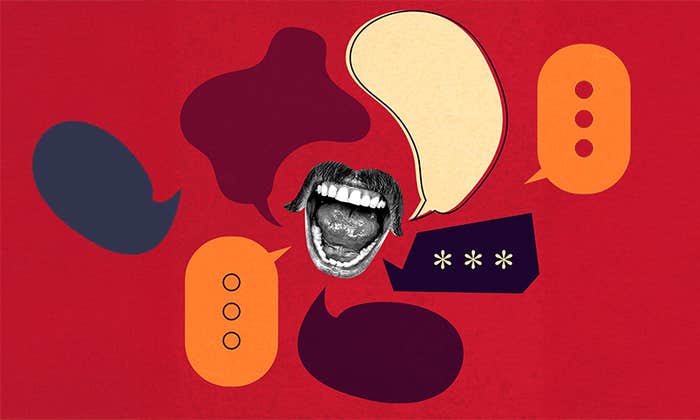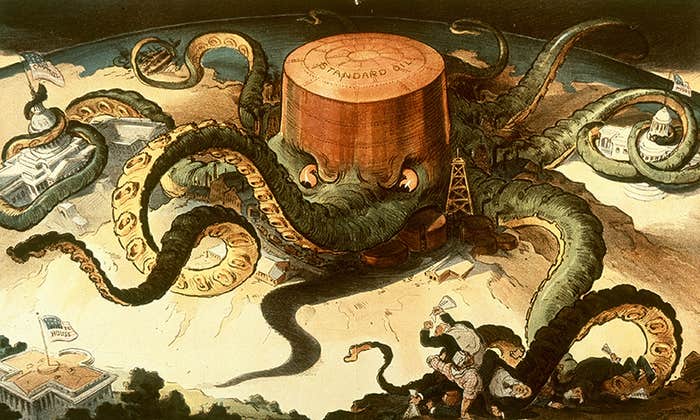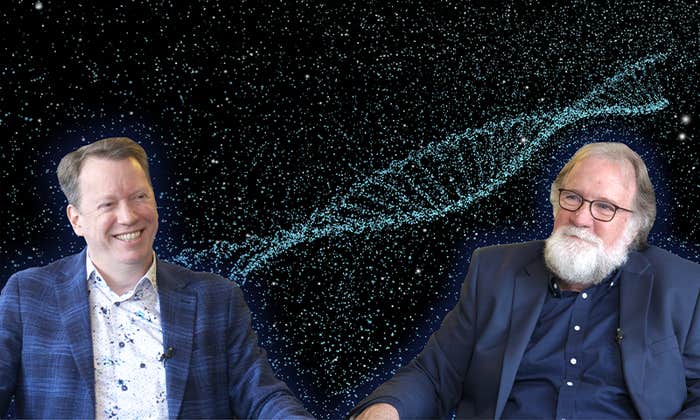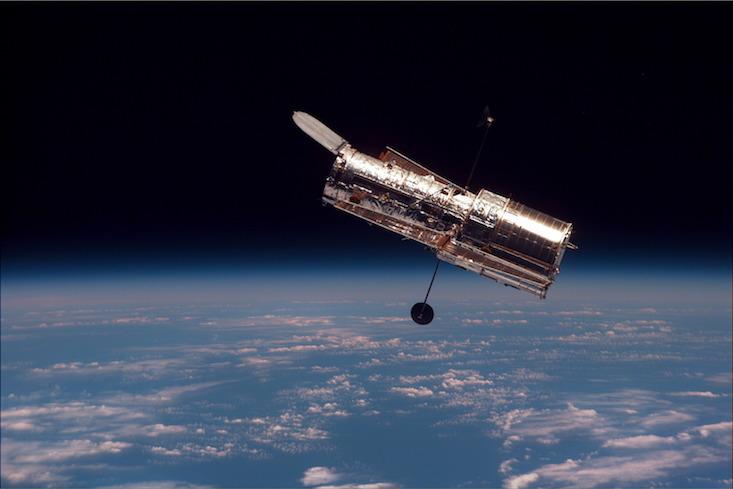
In Victorian England, one pastime among friends and family was to jot down your “Confessions”—answers to semi-serious questions of taste and principle. One day, in the spring of 1865, Karl Marx had a go. Several of his answers spotlight habits of the scientific mind. The quality you like best? Simplicity. The vice you hate most? Servility. Your motto? De omnibus dubitandum (“Doubt everything”).
These don’t exhaust the necessary ingredients of scientific thought, however; one would also have to include experimentation—that willingness to try things out for yourself. That quality is what unifies every sincere participant in the scientific enterprise. Each scientist has his or her own way of distilling its importance. We asked four of them—astrophysicist Neil deGrasse Tyson, geobiologist Hope Jahren, bioengineer Manu Prakash, and theoretical physicist Freeman Dyson—how they cultivate and explain that essential trait.
Steve Paulson and Anne Strainchamps of Wisconsin Public Radio’s nationally syndicated radio show, To the Best of Our Knowledge, conducted the interviews featured in the short radio segments with each scientist below.
Neil deGrasse Tyson—Cooking with the Astrophysicist.
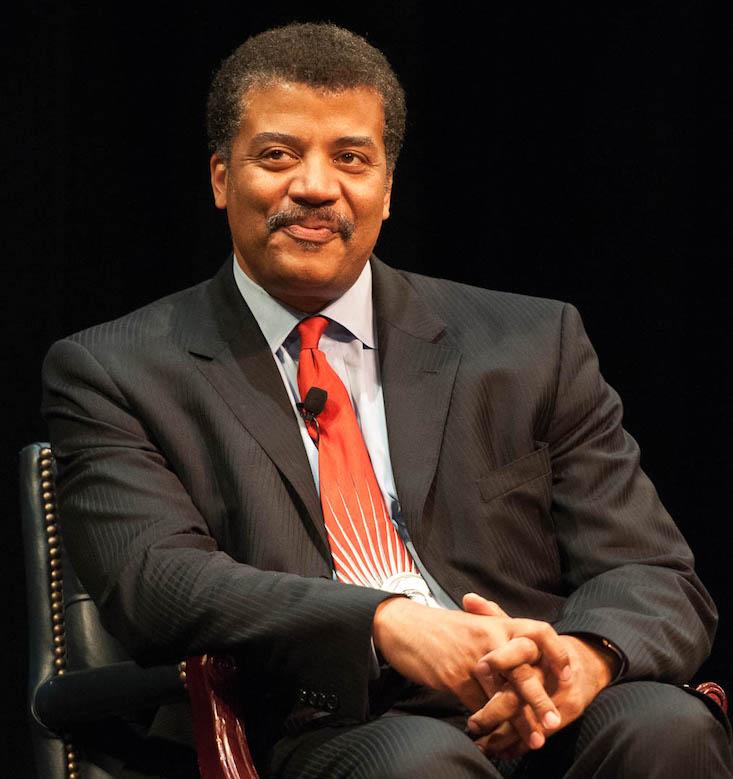
How does the world look to a scientist? We asked one of America’s best-known scientists, astrophysicist Neil deGrasse Tyson, director of the Hayden Planetarium….and he gave us some cooking tips.
Hope Jahren—The World Is Your Lab
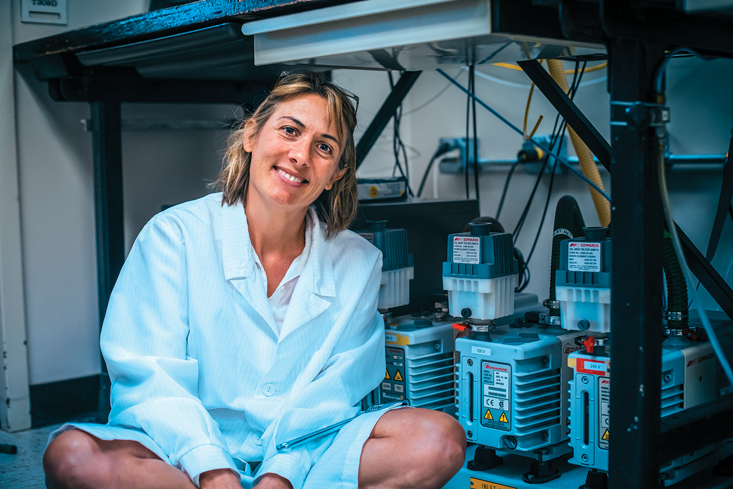
Hope Jahren grew up hanging out in her dad’s science lab and always dreamed of being a scientist herself. Today, she runs her own lab in Oslo, where she studies isotopes of fossilized forests. She’s written a bestselling memoir, Lab Girl, a lyrical ode to science and an impassioned plea for more women in science.
Manu Prakash—Could a 50 Cent Microscope Change the World?
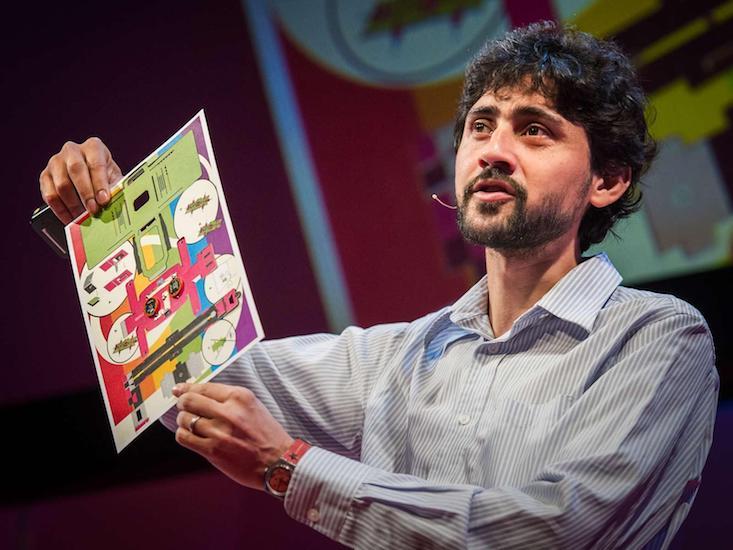
Manu Prakash invented a paper microscope that’s now being used in research labs and classrooms around the world. Prakash, a Stanford bioengineer and MacArthur Award “genius,” believes science should be democratized. So he’s made it his mission to invent scientific tools that are portable and inexpensive. His 50 cent microscope is now being used to diagnose malaria and other infectious diseases.
Freeman Dyson—The Theoretical Physicist Looks Back on a Legendary Career in Science
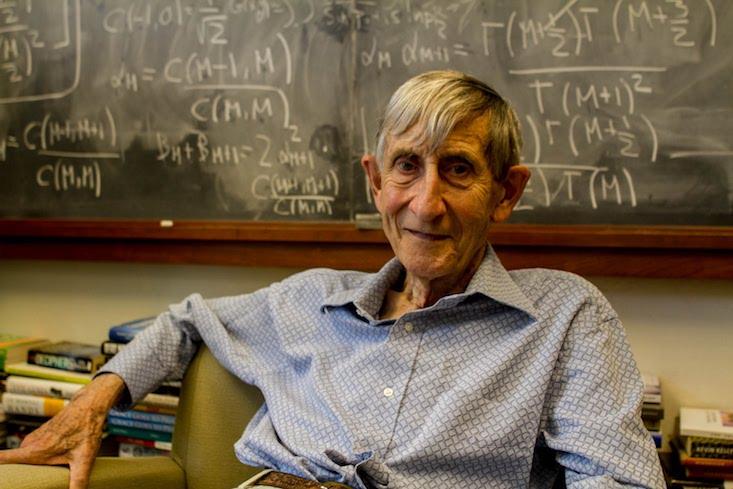
Freeman Dyson is a legend in science. He’s been friends and colleagues with the giants of 20th century physics, including Wolfgang Pauli, Richard Feynman and Robert Oppenheimer. At 93, he’s no longer an active scientist, but he’s still affiliated with Princeton’s famous Institute for Advanced Study. He says a bit of ignorance can lead to scientific breakthroughs, and he believes we should abolish the PhD system, which often grinds down promising scientists.
Brian Gallagher is the editor of Facts So Romantic, the Nautilus blog. Follow him on Twitter @bsgallagher.















